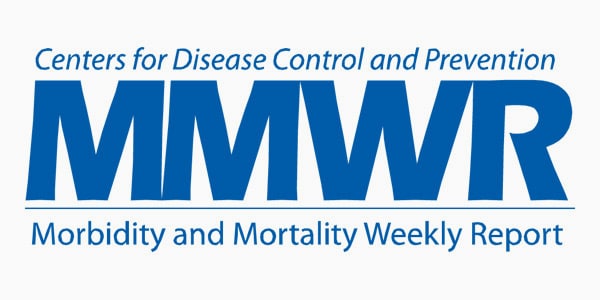Hello. This is Jeffrey Berns, editor-in-chief of Medscape Nephrology. The Department of Health and Human Services, Office of the Inspector General (OIG), recently released its annual report, which included its work plan for the upcoming fiscal year.[1] Dialysis made their list twice, once indicating that there's going to be a review of end-stage renal disease drugs—particularly expensive drugs used in the care of dialysis patients—to make sure that what Medicare is paying for them is appropriate.
The other dialysis issue that made the OIG hit list has to do with ambulance services. The OIG indicated that they're going to examine Medicare claims data to look at possibly questionable billing practices for ambulance services—transporting patients to dialysis units and home again—to make sure that the trips were medically necessary and that their Medicare payments were appropriate.[2]
This is particularly interesting for those of us who live in the Philadelphia area, as it was recently in the news that a number of individuals were sentenced, one to prison, for bilking Medicare of millions of dollars for transporting dialysis patients when they didn't need ambulance transport services.[3,4] A particular group of individuals apparently initiated fraudulent Medicare claims for more than $3.5 million, and also were paying illegal kickbacks to dialysis patients—related to dialysis transportation—as part of the scheme. I found it interesting that ambulance transportation for dialysis in this particular instance was cited as costing $400, which is more than the dialysis treatment itself.
There's a lot of money being made around such transport, apparently much of it fraudulently. This is unfortunate because there are certainly some patients who need to use an ambulance. It would seem that we should be able to figure out another way to get the majority of patients back and forth to dialysis, who don't really need ambulance-level transportation. I'm surprised that we haven't figured that out. There are some social service agencies that provide transportation, and I think some of the networks and other organizations do around the country.
It behooves us, as nephrologists taking care of dialysis patients, to remind them about the dangers of getting involved in such bilking schemes. Perhaps public service announcements from our dialysis providers would also be helpful in educating patients about the proper circumstances under which ambulance transportation for dialysis is reasonable and appropriate, and when it is outside the bounds of Medicare policy. We should, as nephrologists taking care of dialysis patients, be alert to this sort of thing and try to keep our patients from being involved.
Thanks for listening. I look forward to your comments.
Medscape Nephrology © 2014 WebMD, LLC
Cite this: Warn Dialysis Patients of Transport Fraud - Medscape - Dec 18, 2014.















Comments